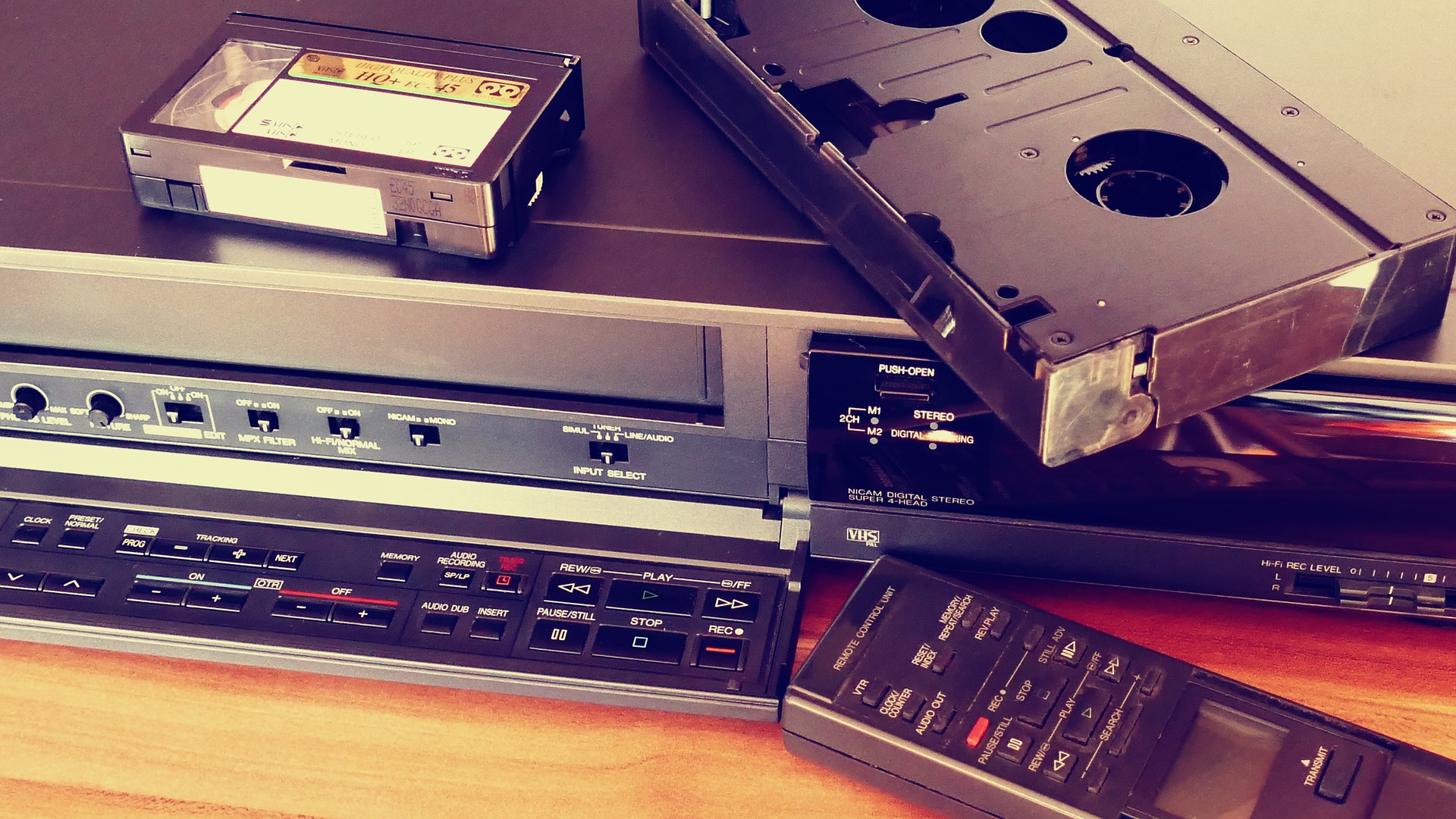A week or two ago, Sony announced that it will stop selling Betamax video cassettes in March 2016. Amazing news! I did not know that Sony still produced Betamax cassettes. Someone on the radio said that Sony actually already stopped producing these, but there were still a lot of cassettes on stock.
It was even more surprising, as Sony lost the battle for the video cassette format 10 years after its’ introduction, 40 years ago. VHS, produced by JVC, became the dominant cassette format and also beat Philips’ V2000 format.
A popular explanation for the victory by JVC was that VHS was cheaper and got the porn industry ‘on board’. In an interesting article on Extremetech.com the writer says that Betamax lost the battle, because the recording time was initially limited to one hour, whereas VHS offered two hours.
Philips even offered 8 hours of recording time and a lot of advanced features, such as Dynamic Track Following. V2000 could produce a perfect, noise-free picture at all speeds, in both directions (even playing in reverse). Funny enough THEOplayer also can playback video at lower and higher speeds with audio still working.
The longer recording time made it possible to sell films on video cassettes, where Sony promoted watching whatever TV programs whenever you want. Sound familiar?
 These days, in a time where HTML5 video is winning from Flash and Silverlight, and HDS, HLS and HSS streaming protocols might be replaced by MPEG-DASH, video recording (DVR) in live streaming is still a highly desired functionality.
These days, in a time where HTML5 video is winning from Flash and Silverlight, and HDS, HLS and HSS streaming protocols might be replaced by MPEG-DASH, video recording (DVR) in live streaming is still a highly desired functionality.
Although Sony kept on producing Betamax recorders until 2002, the company started producing its first VHS video cassette recorder in 1988.
Both video cassette tape formats were superseded by the video CD in 1993 – a standard defined by JVC, Matsushita, Philips and Sony, the successor to the 1979 LaserDisc. Video cassettes lingered until the introduction of the DVD in 1995 by Philips, Sony, Toshiba, and Panasonic. Movie studios adopted the format for its superior video quality and durability, initially leading to DVD players only, not recorders.
Only later in the mid-2000s did affordable home DVD video recorders arrive pushing out VCRs, which were shortly followed by hard drive-based personal video recorders.
Betamax may be dead, but VHS tapes are still in production. The question is for how long, since video playback and recording is completely digitalized and virtualized. Recording means downloading these days, if there is a need for it all. Most content is available in the cloud and ready to be streamed in a HTML5 video player.



